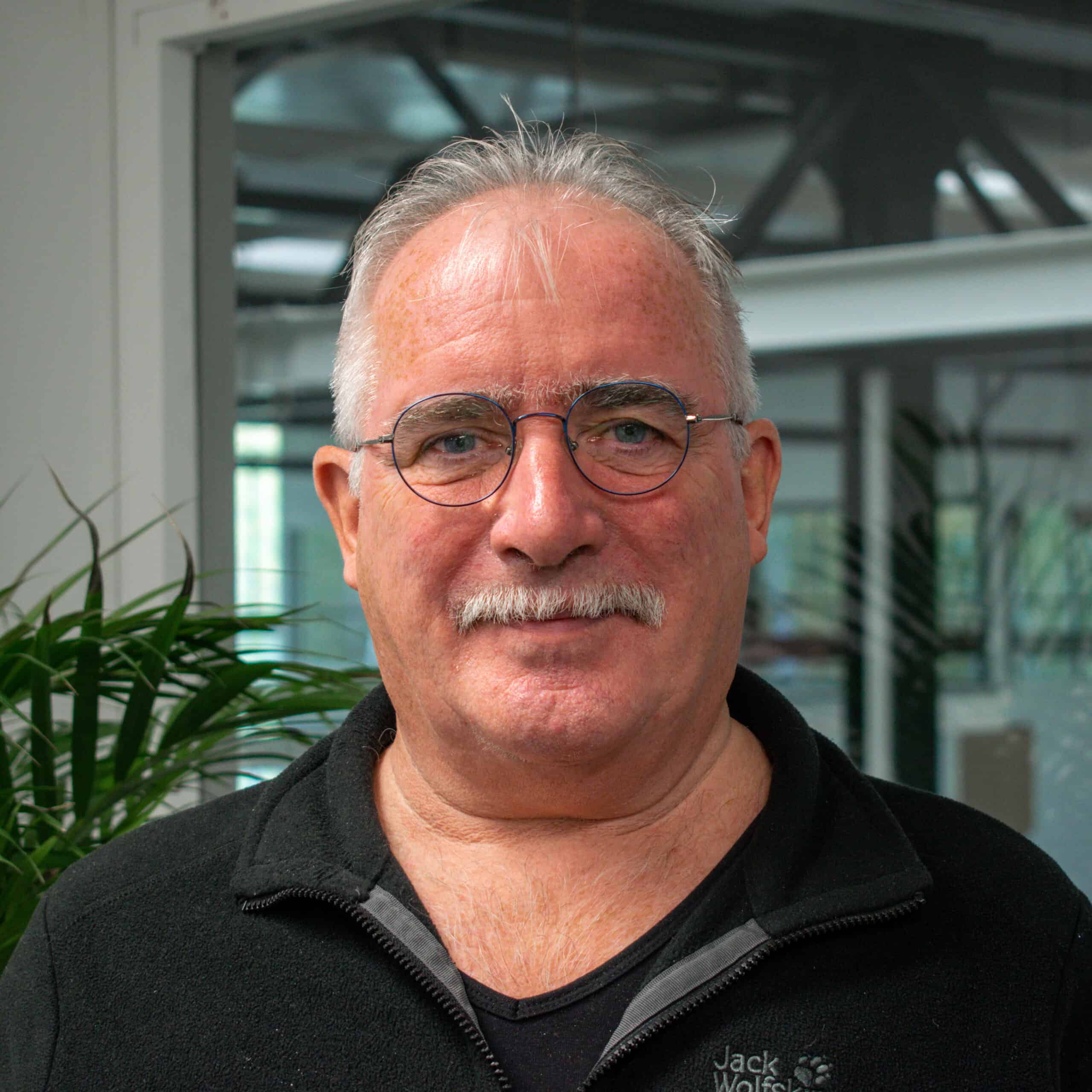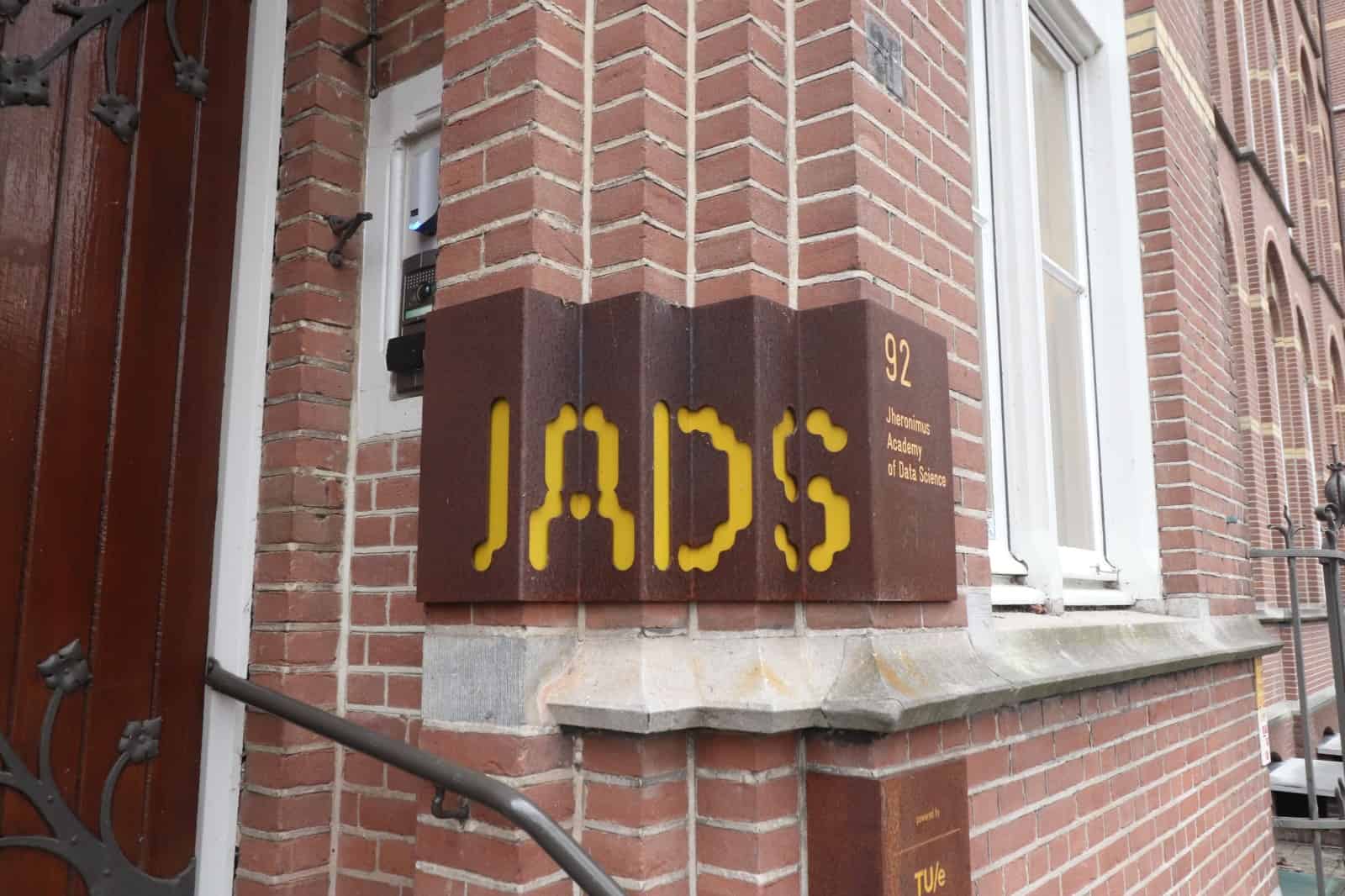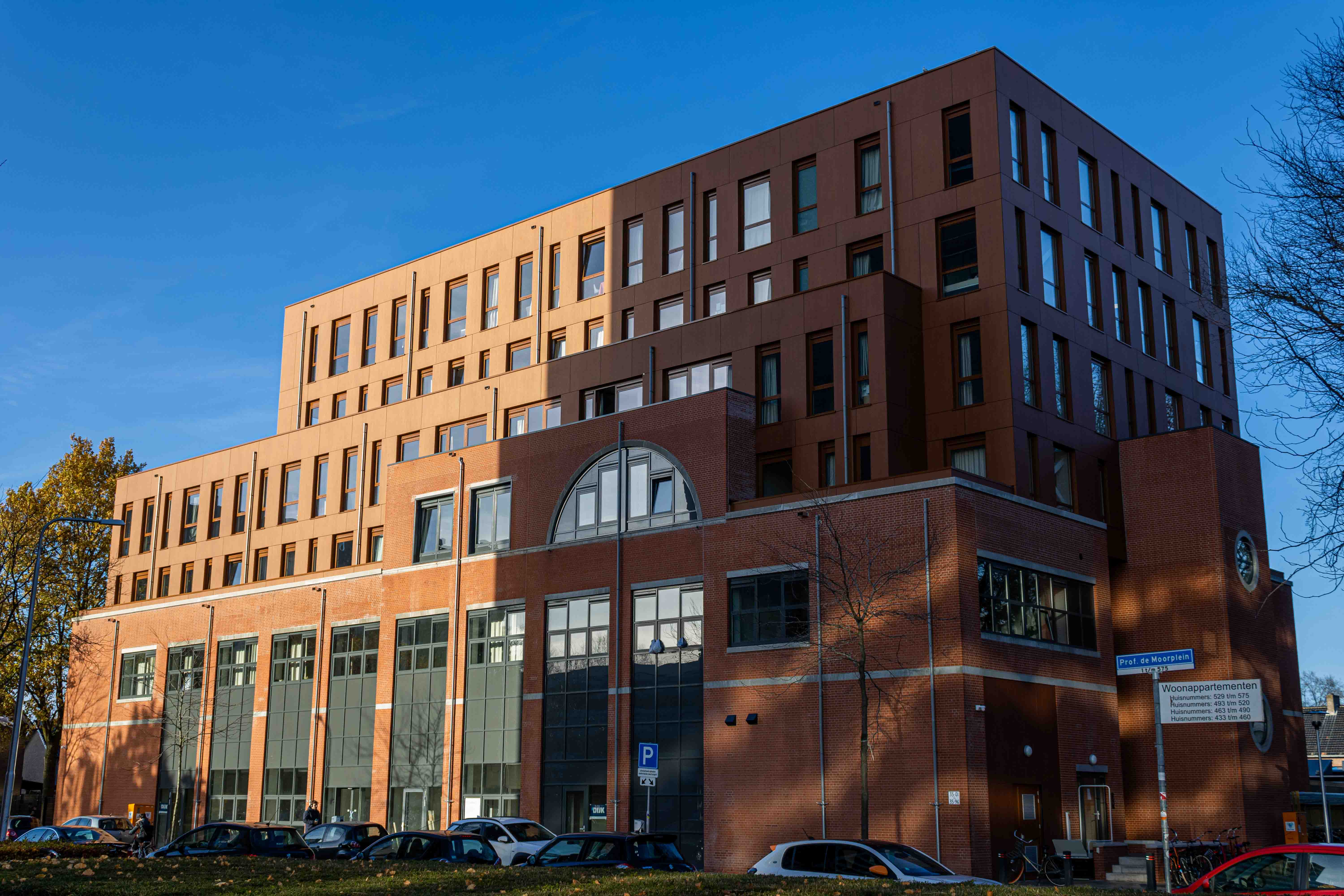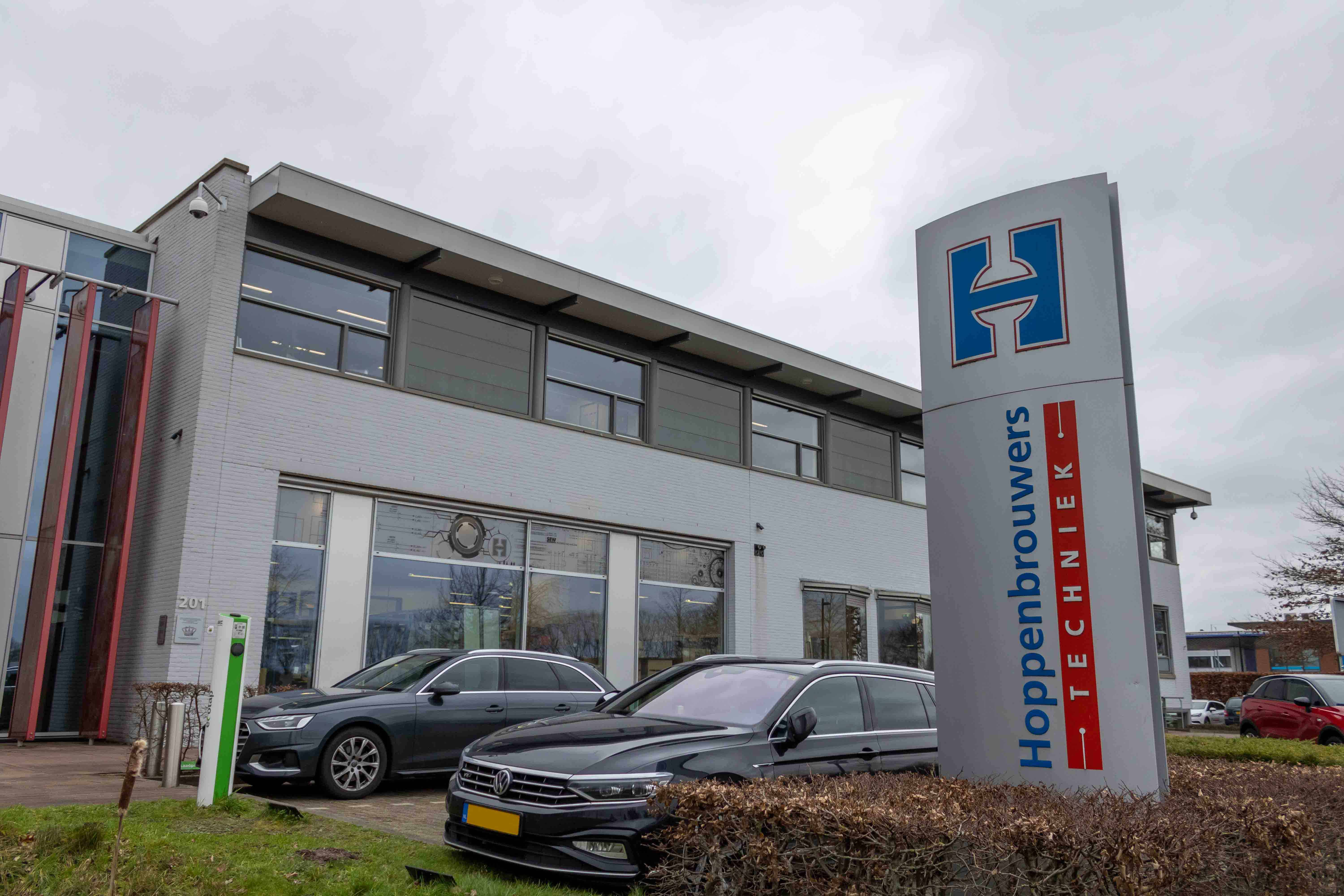
In the Netherlands, the calls for making the wearing of face masks in public places mandatory are becoming increasingly louder. Especially now that a study carried out by UMC Utrecht (the medical university of Utrecht) and Utrecht University shows that measures such as washing hands, wearing face masks and keeping socially distanced do work in preventing corona infections.
Retailers and hospitality entrepreneurs, among others, see that streets are getting busier and busier. They fear for a new outbreak and feel that face masks are a means to counteract it.
The Netherlands is so far reluctant to introduce a compulsory requirement to wear face masks. For the time being, this only applies to public transport. Recently, several Dutch scientists have also expressed their doubts about the effectiveness of wearing face masks.
The Dutch National Institute for Public Health and the Environment (RIVM) stated that ‘face coverings could create a false sense of security, causing other measures to be poorly adhered to. In that case, the use of non-medical masks that offer only limited protection may result in an increase in COVID-19 infections.’
Mandatory face masks following surge in number of infections
Whereas in countries such as Belgium, Great Britain, and France, face masks are now mandatory in a large number of places due to the resurgence of infections. For example, since the start of this month, Belgians have been required to wear face masks in all enclosed areas where lots of people gather together, such as places of worship, concert halls and theaters, libraries, large lecture halls, and conference rooms.
In Great Britain, wearing this type of protective covering will be compulsory as of tomorrow while out shopping. It has already been compulsory for weeks in Germany on public transport, while out shopping and visiting public places and restaurants.
‘No grounds for new measures’
Yet Minister Grapperhaus of the Dutch Ministry of Justice and Security stated yesterday evening during a press conference on the increasing number of infections, that there will be no new measures for the time being. Governemental intervention will only take place if measures taken by local authorities prove to be inadequate. The RIVM did, nevertheless, announce that a campaign will be launched to draw the attention of young people in particular to the risks of infection and the merits of social distancing.
‘The Dutch must become more aware of the risks’
Despite what the Dutch government is touting, Utrecht scientists have now come to the conclusion that measures such as the mandatory wearing of face masks are actually helpful. The Dutch must become more aware of the risks as well, according to researchers from UMC Utrecht and Utrecht University.
Scientists from the mathematical modeling group led by Professor Mirjam Kretzschmar of the Julius Center for Health Sciences and Primary Medicine at the UMC Utrecht, compared the effectiveness of voluntary preventative measures with the short-term government interventions in mitigating, slowing down or preventing a COVID-19 epidemic.
Voluntary measures, especially a combination of, for example, social distancing and wearing a face mask, significantly reduce the overall number of people infected.” Alexandra Teslya
The researchers developed a SARS-CoV-2 transmission model taking into account disease status (susceptible, exposed, infectious with mild or severe disease, diagnosed and recovered) and disease awareness (aware and unaware). Voluntary measures are presumed to be taken by disease-aware individuals. Government-imposed social distancing measures did reduce the number of individual contacts, regardless of their disease status or awareness level.
“Voluntary measures, especially a combination of, for example, social distancing and wearing a face mask, significantly reduce the overall number of people infected,” says university lecturer Alexandra Teslya. “Also, the peak of the epidemic is brought down and delayed this way.”
According to fellow researcher Ganna Rozhnova, the results of the modeling study suggest that the targeted spreading of public health information on COVID-19 can be effective in reducing and slowing down the epidemic.
“Moreover, early and short-term government-imposed social distancing measures can give the healthcare sector time to prepare for a growing number of COVID-19 patients. We emphasize the importance of disease awareness among the general public for containing the ongoing pandemic and preventing a second wave of infection. Therefore, in addition to social distancing policies, we recommend that governments and public health institutions encourage people to remain committed to taking voluntary measures with proven efficacy as a means of successfully tackling the COVID-19 pandemic.”
For now, it seems that the Dutch government is dragging its feet and lagging behind other leading European countries when it comes to making face masks mandatory in public places.







